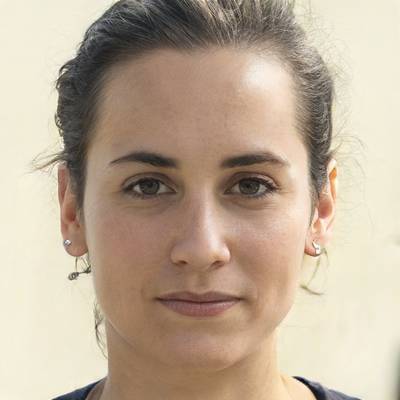Table of contents
Introduction
When comparing realism and idealism, the concepts must be understood historically, theoretically and practically. In this essay, a number of steps will be taken to present a thorough overview of the two schools of thought. Firstly, the epistemological and metaphysical questions of philosophy will be answered by considering the historical and theoretical basis of the above philosophies. Secondly, the similarities and differences between the philosophies will be discussed and the main implications of the schools of thought in the classroom will be looked at. Lastly, the practical applications of the philosophies in the classroom examined and an argument will be made as to which school of thought, if any, is most relevant to teaching in the modern classroom scenario.
Epistemological Questions
Historically, both idealism and realism as schools of thought were developed in Greece by Athenian philosophers around 400 B.C. Idealism is the school of thought developed and promoted by Socrates and Plato, particularly in Plato’s book The Republic. Realism is the school of thought that was put forth by Aristotle, Plato’s student. Epistemological questions are interpreted and answered differently by idealism and realism. These questions drive the manner in which education and teaching takes place.
With regard to idealism, it is the philosophical doctrine that flows from the category of thought associated with ideas. Plato believed that mankind could better themselves from within, by correcting their thoughts and discovering knowledge present since birth. Thus, Plato believed that epistemologically, the nature of knowledge was intrinsic. According to Plato, knowledge is already present in all persons at birth, but requires education to bring forth the ideas (already fully formed concepts) to consciousness. Idealism focuses on reasoning and logic and suggests that the method instruction followed should promote these skills. Idealism proposes that teachers should take the role of facilitators. Teachers should guide students toward truth by allowing them to bring forth their intrinsic knowledge and use reasoning to ascertain what is truth.
In contrast to idealism, realism is the school of thought promulgated by Aristotle. He believed that the only dependable way to find truth and knowledge was to study the outer world. He taught that human knowledge is only an estimate of reality and that to become closer to understanding the true nature of reality humans have to observe and study the world. According to Aristotle, it is through such study that greater knowledge of the world is achieved and ultimately, truth is discovered. To Aristotle, the human mind was an empty vessel. Knowledge could only come to it from outside of the self by observation. Thus, realism proposes that teachers should actively infuse students with knowledge from the world outside their minds. Realism suggests that teachers should use the scientific method of hypotheses, observation and study over logic and reason. Teachers should see students as empty vessels that need to be filled with knowledge from the external world.
Metaphysical Questions
With regard to the metaphysical questions, the two schools of thought also interpret and answer these questions differently. How these questions are answered influences the content of teaching that each philosophy suggests; that is, what should be taught.
Idealism follows the notion that ideas represent reality. Plato argued that what is real is not the object itself, but the idea behind it. The concept of truth lies in the realm of ideas and ideas precede matter. Therefore, ideas are intrinsic while matter is extrinsic. Plato further suggested that the world exists solely in the minds of people and that ultimate truth is found in consistency of ideas; that the world exists, but our minds are separate from it. With regard to the educational sphere, idealism concentrates on the mental development of a learner. The curriculum emphasizes the study of humanities, with heavy emphasis on history and literature. Idealists prefer holistic learning over specialized learning, the whole is more important than a disjointed collection of parts. Idealism believes that a holistic approach leads to more liberal and scholarly attitudes towards learning. When it comes to assessment, idealism prefers subjective testing, wanting to find out a student’s ideas and thoughts rather than receive straightforward answers.
Realism differentiates in these aspects from idealism. Aristotle philosophized that the only reality is the material world. He suggested that the world is an objective phenomenon to which our minds must adhere to. Realism regards the world of physical reality as the true fundamental object. For realists, the principal aim of education should be to educate children in the laws of nature and those values that will lead to the “good life”. The good life is that which conforms to the natural law. Realism views a curriculum as a system that is reducible to knowledge that can be measured. They place importance on science in all of its many branches. Realism puts forth that through studying science the underlying order of the universe can be taught. Realist teachers give factual presentations without bias. Realism believes that teaching is best when it is most objective and dehumanized.
Implications for education
Idealism has three main implications for education. Firstly, an emphasis on theory before practice. Secondly, an emphasis on logical thinking and lastly, a high value attached to liberal education.
Cite this Essay
To export a reference to this article please select a referencing style below

